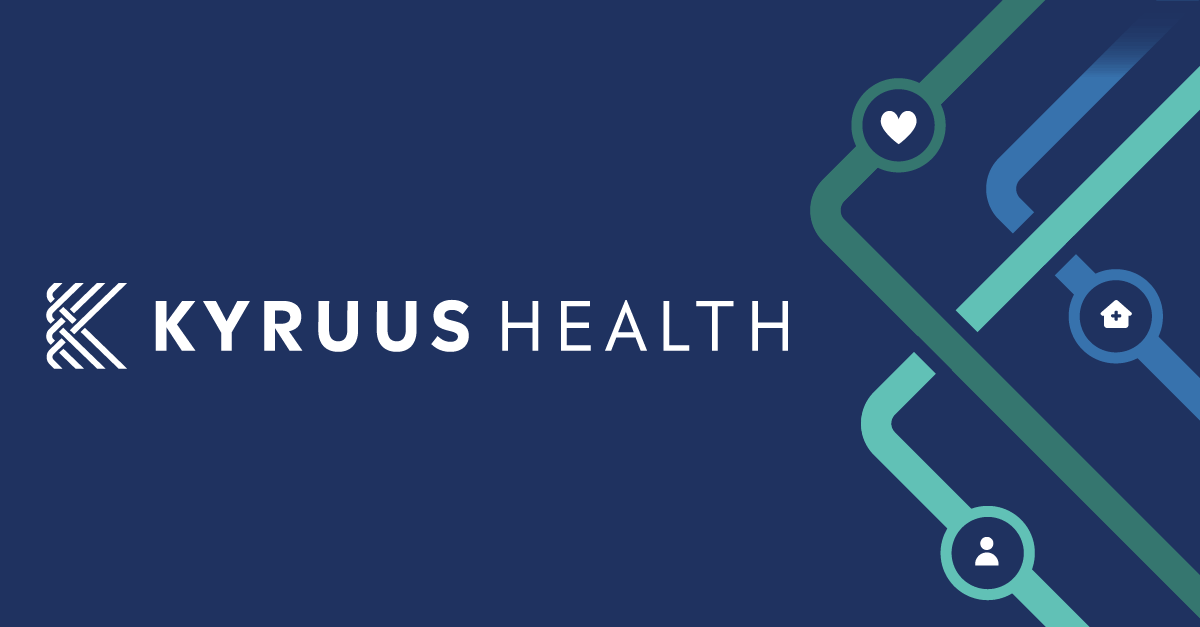Facebook, YouTube and Amazon might be the most-searched terms online, but it didn’t start out that way. Actually, the internet started in the 1960s as a method used for government researchers to share information.
Now, more than 90 percent of the United States’ population utilizes the internet. The technology has changed a lot about everyday life in America — including how we search for healthcare.
Using the Internet to Pick a Provider
Individuals using the internet to find, select and access healthcare have prompted the rapid rise of healthcare consumerism. Growing interest in capabilities such as digital shopping, payment, scheduling and others has been driven by an expectation of convenience, flexibility and personalization. Even most physicians use the internet on a daily basis for professional purposes.
Before a patient can access care, he or she first has to find a provider to best fit his or her needs. The 2022 Patient Access Journey Report from Kyruus found that the internet retains the top spot for consumer research for finding care, with more than 60 percent of consumers using it to select a new provider or search for a service and/or care option (e.g., urgent care, imaging services). When looking for a specific service or care option, consumers rank general internet searches as both the top resource and the first resource they consult.
Optimizing Online Reviews
Although healthcare organization websites are the go-to source when searching for a provider, most consumers also view health content websites and third-party provider listing sites. Many visit at least two or more online sources, but, according to the Kyruus report, almost half of consumers put more of their trust in healthcare organization websites, providers or staff when making the final decision on provider and/or healthcare services.
There might not be much oversight on some review sites, but almost 85 percent of consumers trust them as much as personal recommendations. The higher the average provider rating, the more patients it attracts — and boosts loyalty from existing patients.
Based on this information, it’s essential that healthcare providers consistently request reviews from existing patients, whether it’s through automated patient satisfaction surveys, incentive programs or simply word of mouth. Patients who are asked for feedback are 2.3 times more likely to proactively submit an online review via popular review sites. Healthcare providers who implement review requests via text or email experience a five-fold rise in the volume of online reviews.
Actively monitoring these reviews is also important. So is publicly responding to them — even when the feedback is negative. With this type of interaction, consumers are more likely to perceive a higher level of empathy and care from the provider.
Searching Social Media
In addition to health content websites and third-party provider listing sites, a prominent source in new provider searches is social media platforms, especially Facebook. The Kyruus report noted that 26 percent of consumers use social media to search for a provider, up from 15 percent in 2021. That’s the case, even though social media is not considered one of the most trustworthy sources and is ripe with false information patients sometimes use for faulty self-diagnosis.
There are advantages for social media for healthcare providers, including attracting new employees. Other benefits of social media in healthcare consist of:
- Raising public awareness
- Combating misinformation
- Communicating during a crisis
- Expanding the reach of existing resources
- Answering common questions
- Promoting consumer engagement
Understanding Consumers’ Top Factors in Choosing a Provider
The source(s) consumers use to find and access care certainly matter, but so do the factors they prioritize. For example, the three key factors listed in the Kyruus report are cost, quality and convenience. Patients not only want to be able to access healthcare when and where they need it — but also how. More consumers prefer communication through digital options like text messaging, email and mobile app notifications.
First, consumers must overcome challenges to care access, including limited appointment availability, lack of transportation, clinician shortages, low health literacy and barriers due to social determinants of health (SDOH). Let’s not forget high costs, often the result of a lack of price transparency.
As Kyruus noted in its report, nearly all consumers take some sort of cost information into account in their decision-making process, and two-thirds of patients would be more likely to book care where they had visibility into out-of-pocket costs. Approximately 30 percent of Americans carry medical debt, causing them to delay medical care or skip it altogether.
For convenience, more and more consumers cite the availability of online booking as extremely important when choosing a healthcare provider. Some would even switch providers for the ability to do so!
The COVID-19 pandemic precipitated the use of telehealth and remote patient monitoring (RPM) as convenient care options, with nearly 30 percent of consumers searching for an on-demand virtual visit in the past two years. These options are convenient, minimize the spread of infectious diseases and can reduce unnecessary emergency department (ED) visits. For providers, they have the potential to reduce patient no-show rates, which cost the healthcare industry billions of dollars each year.
Meeting Consumer Preferences
Research shows that patients who are more active in their healthcare are more likely to have better outcomes. With this in mind, it’s crucial that healthcare providers, from solo physician practices to hospitals and large health systems, have the ability to meet consumer preferences for finding, selecting, accessing and receiving care.
At Kyruus Health, our cloud-based and HIPAA-compliant patient engagement platform meets your patients’ needs for an experience that’s personal and intuitive. We offer end-to-end patient access and engagement solutions that enable patients to easily find and schedule care, complete pre-visit tasks and meaningfully engage with their providers. Schedule a meeting with us to learn more!



